There has certainly been a marked change in weather in recent weeks. This, along with shorter days, is no doubt increasing the pressure to get field work completed and ensure the performance of livestock is not compromised. This extra pressure brings its own safety risks and I am asking farmers to also be mindful of the dangers of working near electricity wires.
All I can ask is that you always take a few minutes and make sure it is safe. With electricity, the most important precaution is to keep a safe distance from overhead wires and poles. When it comes to the wiring on your farm, the advice is to always get the work done by a registered electrical contractor.
Here are some examples of the incidents that happened this year. One in particular is a very positive example where a farmer was filling in ground and noticed that the wire was too low. He contacted the ESB Networks emergency number and we were able to solve the problem.
The message here is always contact ESB Networks if you have a concern, or before you carry out timber- or hedge-cutting, if the wires are too close or there is any risk at all that a tree or branches could fall on the wires.
Hedge-cutting risk
A hedge cutter came in contact with the stay wire causing the pole to lean forward. This resulted in the height of wires crossing a road reducing significantly, with the real danger of causing a road traffic accident along with putting people at risk of electrocution. The advice here is to clear the area around the pole and the stay wire first before using the machine.
We continue to have too many incidents where farm machines crash into poles. For example, a contractor spreading fertiliser struck a 38kV pole and knocked it to the ground causing a short circuit which tripped out the line. A 38kV pole is a large structure that is very visible, and tripping out the power means interrupting the power across a large area. The line could easily have come down on the cab and remained live, putting both the driver and anyone nearby at risk of electrocution.
The advice is to always steer clear of poles and stays. If the worst happens, stay in the cab, keep others away and contact ESB Networks immediately on 1800-372 999. Watch our YouTube Video – Farm Accident – A Lucky Escape.
Slurry spreading risk
In another case, a farmer was spreading slurry with the splash plate facing upwards and the liquid came close to the overhead power line. This could have resulted in the electricity jumping from the wires and travelling back to the vehicle using the liquid as a conductor. The advice is to keep clear and always ask yourself the question if what you are doing is safe.
We discovered an electric fence tied to a 38kV kV pole to get the electric fence over the road and also tied to another pole on the other side. Using ESB poles and live wires to carry electric fencers is highly dangerous. The visible DANGER NOTICE on all ESB poles clearly says ‘ DANGER – KEEP AWAY.
Storm season
As we come into storm season there will undoubtedly be severe weather causing wires to come to the ground or hang low on ditches or gates and fences. Remember, electricity wires are always live and anything they are in contact with, including the nearby ground, will be live too. The advice is always keep clear and contact the ESB Networks emergency number immediately.
Your electrical installation is or should be protected by an important safety device, called a residual current device (RCD). For this device to work when you need it most, you need to carry out a simple test by pushing the “test” button. This test ensures that if electrical equipment and wiring gets damaged that this will trip the switch. Push the test button, and simply reset.
Sheds have not been used since spring on many farms. If this is the case then a precaution you need to take is to check all your wiring, including light and socket fittings, are in good working order. Replace all damaged equipment including those with any frayed wiring and broken or missing covers. Always use fittings that are appropriate for outdoor and wet/dust environments and check that they have the correct IP rating. The best advice is to have your installation checked out by a registered electrical contractor.




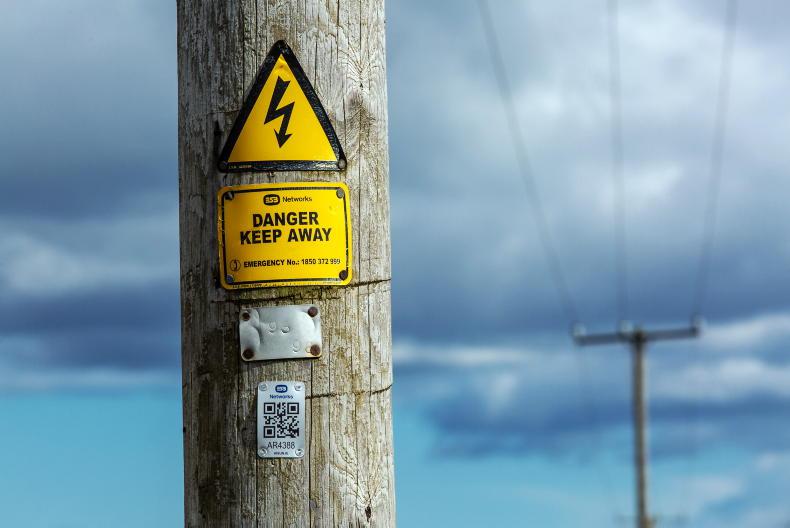

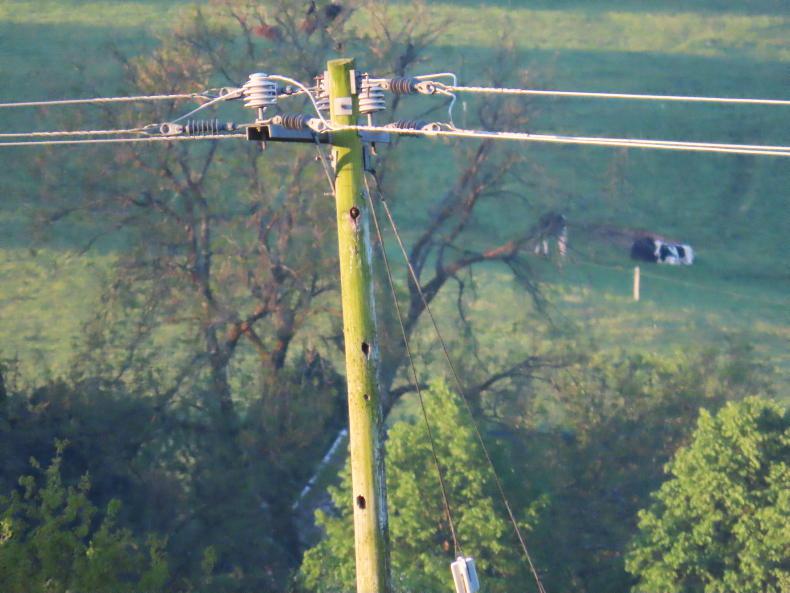

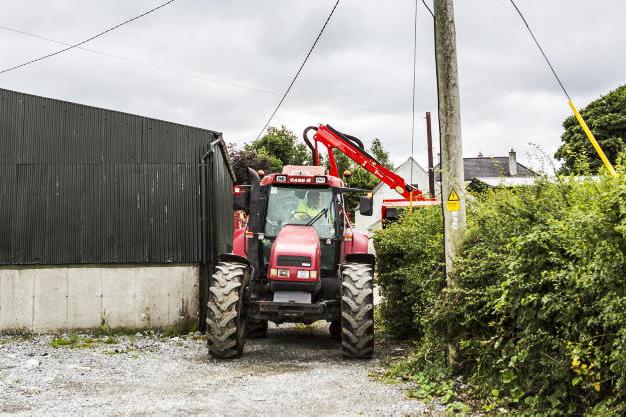
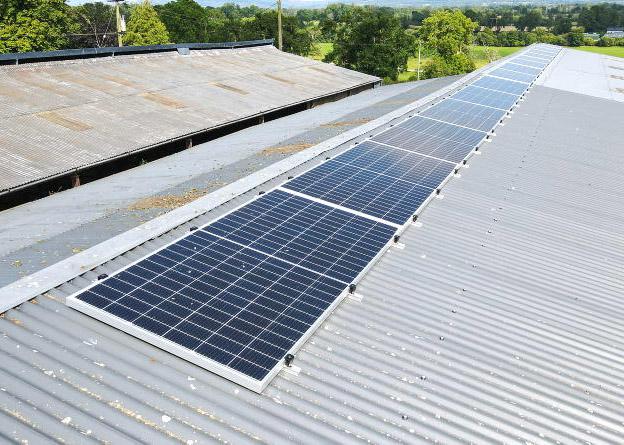
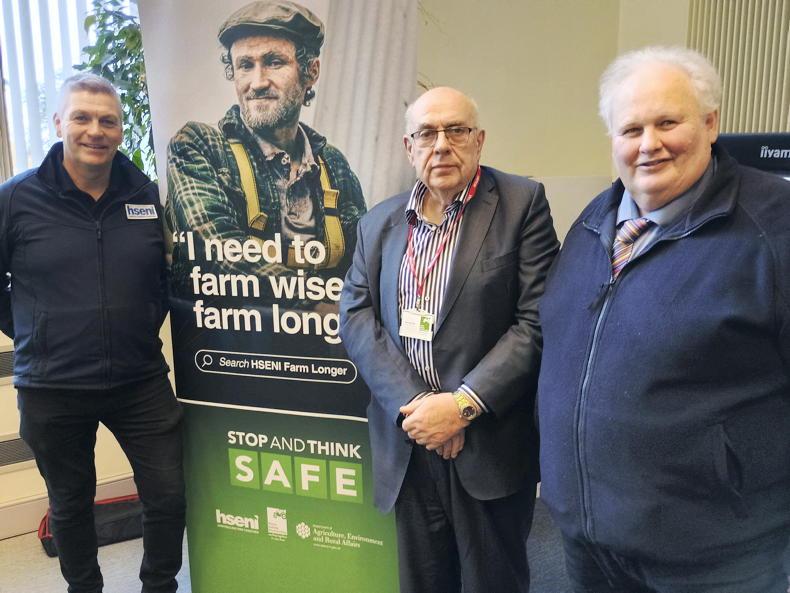
SHARING OPTIONS